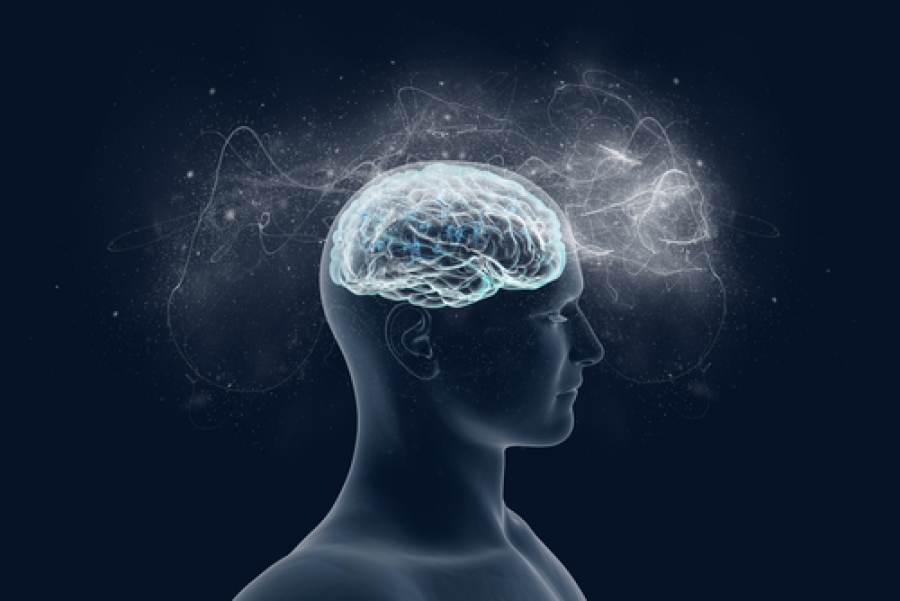As neurofeedback is a newer practice that not everyone is aware of, we see many questions arise from people seeking treatment for a myriad of conditions. Is neurofeedback safe? How does it work? As a top a neurofeedback clinic near you in Denver, we are your trusted local experts on all things related to neurofeedback and brain training.
We asked our neurofeedback clinicians to answers to the top commonly asked questions regarding this therapy.
The History of Neurofeedback
Neurofeedback relies on electroencephalogram (EEG) technology to improve mental health conditions in patients. EEG technology wasn’t really popularized until the 1960s, but EEG and qEEG had been an area of research for many neurologists, physiologists, psychiatrists, and scientists since the early 1900s. During those initial studies, EEG was mainly tested on animals, that is until Hans Berger recorded the very first EEG performed on a person in 1924.
This field of technology has been steadily growing throughout the last hundred years and is being used to treat various illnesses including epilepsy and other conditions. It was not until the late twentieth century when EEG tech began being used to treat conditions like ADHD, anxiety, autism, depression, motivation problems, and more.
1. How Can Neurofeedback Benefit So Many Conditions?
Many mental health conditions are caused by irregular patterns of electrical activity in the brain. Neurofeedback doesn’t directly target any specific condition or symptom; instead, it works to correct abnormal electrical activity in the brains of people who suffer from various disorders.
Neurofeedback involves training the mind to produce normal cognitive patterns by having people react or adapt to changes in their own brains’ activity. The result of iterative training is improved brain function, which in turn improves various symptoms. When you visit a neurofeedback clinic near you, like Braincode Centers, your clinicians can tailor a treatment plan for whatever conditions you may have or whatever results you want to achieve.
2. Is Neurofeedback Safe?
Absolutely! Neurofeedback is completely safe because it doesn’t require any drugs or radiation like a CT scan. Neurofeedback aims to identify irregular brainwaves through non-invasive means and makes very small adjustments to your cognitive processes. In general, it takes multiple sessions for the effects to set in and the brain to regulate itself.
3. Is Neurofeedback a Drug-Free Procedure?
Yes. Neurofeedback is completely non-invasive and does not require any oral supplementations. You only need to pay attention for 30 minutes to an hour each session. That said, if you take a prescription medication, we generally recommend that you continue to take it throughout treatment. Over time, you may be able to reduce or eliminate your prescription medications.
4. Does Neurofeedback Hurt?
Of course not! A brain map is just a quick way to check for any abnormalities in your brain waves. We may apply a conductive paste for skin stimulation, but there are no electrical shocks, no painful sensations, and no discomfort during treatment.
5. Why is Neurofeedback a Secret?
Neurofeedback has been around since the 1960’s. However, neurofeedback has only become available for use in offices and clinics in the past few decades in the past, you could only get neurofeedback therapy or similar treatments in a laboratory setting. That is no longer the case!
6. What are Brain Waves?
Brain waves are electrical signals that are constantly sent throughout your brain. Your brain produces four primary types of brain waves: Beta, alpha, theta, and delta. These waves are produced by neurons firing within different parts of the brain, and each wave is associated with certain mental functions.
For example, beta waves are responsible for alertness and attention, while alpha waves are associated with relaxation. Theta waves are associated with sleep, dreaming, and memory formation. And delta waves are typically associated with deep sleep.
Improper balance of any one of these waves could cause problems for someone suffering from a disorder such as epilepsy, depression, anxiety, or ADHD.
Looking for a Neurofeedback Clinic Near You in Denver?
Treating a mental health condition is difficult but not impossible. Neurofeedback could be an extremely effective addition to the current treatment plan to mitigate symptoms, control your condition, and treat the root of the problem.
If you’re interested in finding out more about this non-invasive treatment or want to schedule your first session, please contact us today.




